Jane Fallon Griffin| Deputy Magazine Editor
According to Frederick Douglass, “the thing worse than rebellion is the thing that causes rebellion”. In the past few years in Ireland there certainly seems to have been enough protests and public discontent, but who are the men and women who act as modern day rebels in the public eye? Just like the collection people who form a rebellion, rebellions themselves come in all forms, shapes and sizes. We spoke to a handful of people who have stood up and made their voices heard on the controversial issues that shape modern Ireland today.
Name: Clare Daly TD
Cause: Anti-water charges
TD, Clare Daly, is a member of the United Left Alliance and is well known for her outspoken and oppositional politics in the Dail. She is no stranger to putting her head above the parapet, having previously been arrested in her attempt to investigate concerns of alleged troops and weapons being carried by U.S planes in Shannon airport and spent a month in jail in 2003 due to issues arising from her bin tax protests.
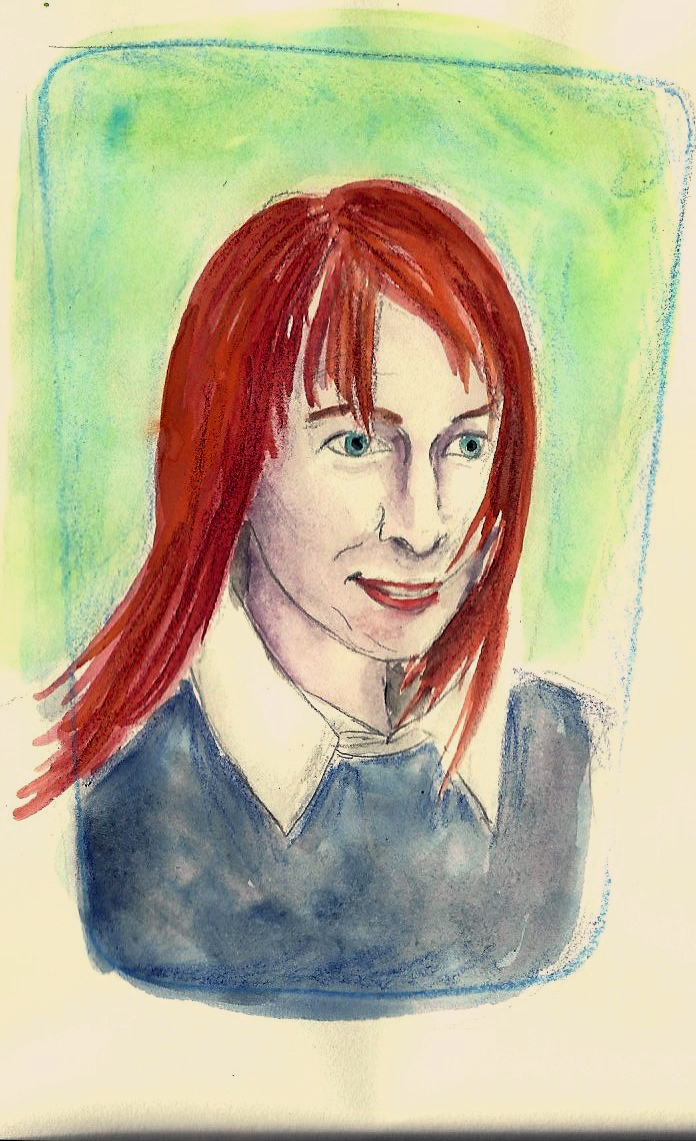
Asked about the need for rebels in Irish society, Daly explains “I think for a society to function properly there is a need for those who would question and hold power to account. I don’t think that this will change regardless of how advanced we become.” She is currently one of the many politicians leading the charge against the Water Tax. As she explains “The people of Ireland are fighting for the abolition of the regressive tax that is water charges” and she insists, “I’m merely part of the movement. This campaign is a campaign of the people of Ireland.”
Everyone has an obligation to challenge the status quo.
The initial proposal to put a tax on water seemed to Daly to be ‘grossly unfair to working people are being made to foot the bill for our so called economic “recovery” in Ireland.’ She is frustrated by the repeated taxing of those whom she feels cannot afford to give anymore and are struggling financially as it is, which is the case for many in the current economic climate For Daly there is no middle ground, the only way forward is to abolish water taxes, and she maintains that “you cannot charge a person for something that is fundamental to human life. Water charges need to be scrapped, that is the only way that the issue can be properly addressed”.
About the march that saw 100,000 people on October 11, and 200,000 at least on November 1, she says, “the people of this country were obliged to take matters into their own hands’. As to whether or not Daly considers herself to be a rebel, she is unconcerned, saying that “everyone has an obligation to challenge the status quo” and that while she would consider herself to be a good citizen “the people of this country were obliged to take matters into their own hands. If that’s what you call rebelling then so be it.”
Name: Kate McGrew
Cause: Rights for sex workers in Ireland
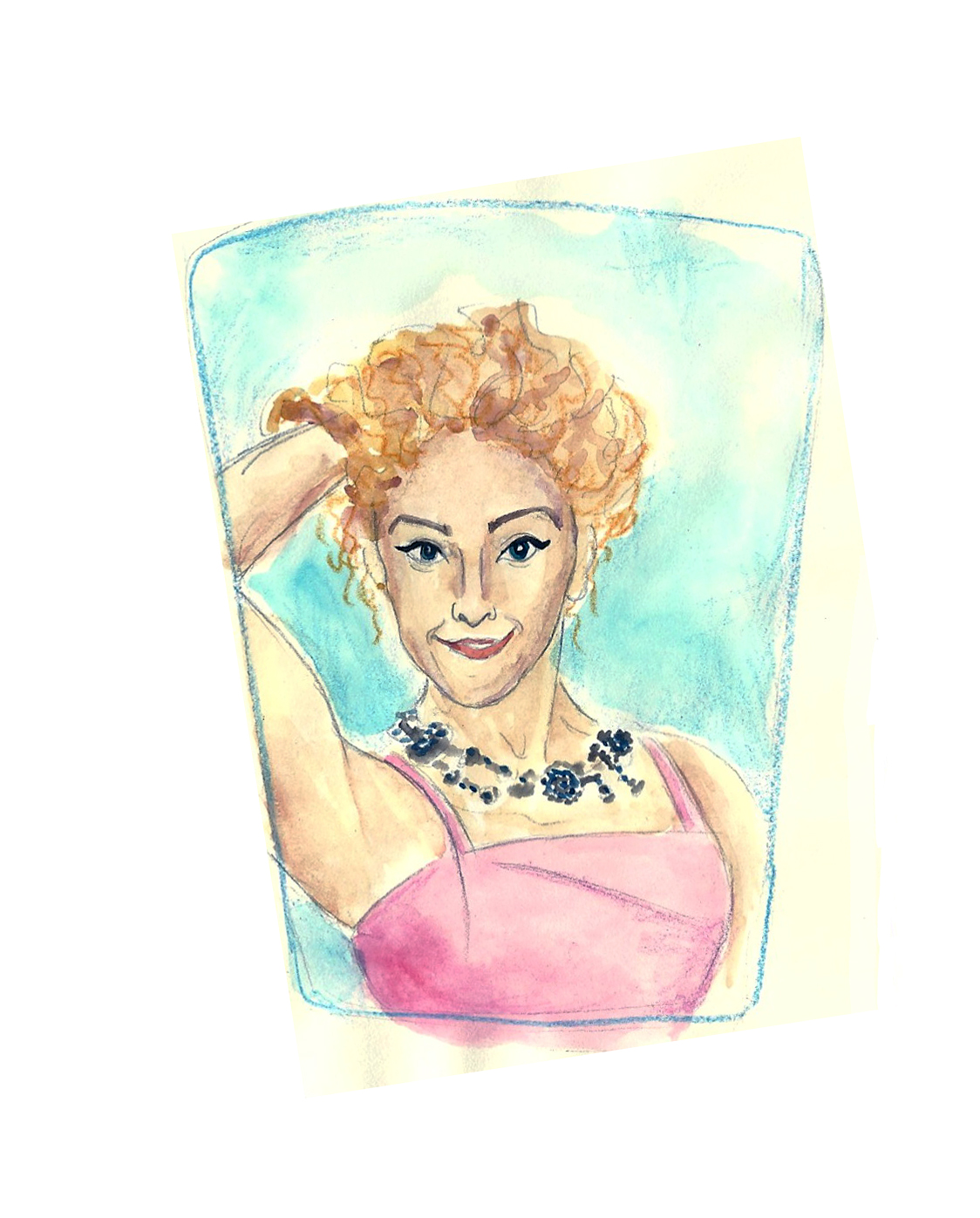
Kate McGrew, more commonly known by her stage name Lady Grew, is a singer, performer, prostitute and sex workers’ rights activist. She first came into the public spotlight when she revealed her job as an Irish sex worker; alongside her other endeavors, on RTE’s reality show Connected. While she does acknowledge that the sex profession is not necessarily a universally positive industry, for her, it is a job and one she very much enjoys at that.‘I’m fighting for “women to have what is our birthright: full governance of our own bodies. I am fighting for women to be seen and treated as full agents. I am fighting for women to be listened to. I am fighting for working women to have basic labor rights.”>When asked if she would consider herself to be a rebel she points out that It is sad to think of it as rebellious to have to ask for basic human rights.” According to McGrew, rebelling in contemporary society, for the Irish sex worker “means butting against years and years and years of ideas whose usefulness have been taken for granted, ideas that have changed shaped to fit current culture but still may be oppressive at the root.”
McGrew who says that her “mother is a feminist and raised her [me] as such” says she is disturbed by the persistence of patriarchal oppressive attitude into the present day saying that although“his control has changed shape over all the years” it “still manifests in a power dynamic of oppressor and oppressee.” She takes issue not only with controlling men but society who have “used women’s sexuality as a way to oppress us for centuries. “ She states bluntly that “If we cannot say for ourselves how to express our sexuality, cannot decide for ourselves what to DO with OUR BODIES we are very much still under some hairy man-thumb.”She points out that sex workers in Ireland are “a minority,” and a “marginalized group” and dismisses the idea that further immersing the sex industry into Irish society through laws will see a vast expanse in the future generation of Irish sex workers. She points out that her profession is very much a “niche” adding “it takes a certain disposition to to enjoy it or to stomach it as the case may be. It would never appeal to everyone.”
It is sad to think of it as rebellious to have to ask for basic human rights.
For many of us we have been raised with preconceived notions about the sex industry one which ultimately the average Irish person knows little about. McGrew feels that “people would rather not have to think about it, to consider that these (mostly) women are doing work that you might think unsavory, and be faced with questioning where your assumptions comes from about an industry unknown to you, to question if the way its been presented to you is accurate or not”. She says that having reflected on this people need to “decide whether these women deserve to work in safe environments” .
The Ohio native is fervently against the proposed introduction of laws, similar to those in Sweden, where clients found to be using the services of sex workers can be prosecuted. “I am fighting against the introduction of the Swedish model, wherein clients are criminalized. I am fighting very specifically for the Irish government to consider decriminalization model, as they have it in New Zealand.” For her the ultimate aim of her campaign is to see a situation in Ireland where “the sex work industry would the be dealt with in a business sector, not the criminal sector”.
Name: Michael Nugent
Cause: Chairperson of Atheist Ireland and Irish “Right to Die” campaigner
Michael Nugent has long been associated with the theme of contemporary Irish rebellion, having campaigned for an end to violence in Northern Ireland, headed campaigns against the destruction of James Joyce’s family home and protected the right to justice for two teenagers accused of robbery in the 1980s. But his most prominent campaigns have been for ‘right to die’ legislation in Ireland, and a secular Irish state.
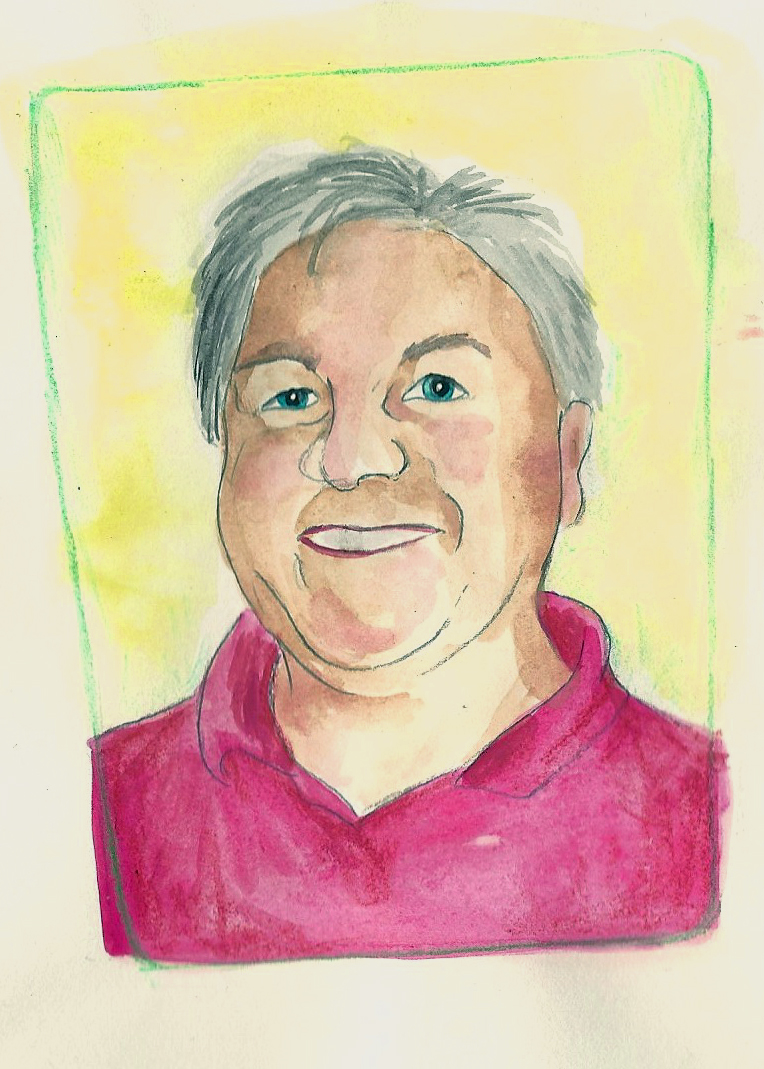
“I have always campaigned on issues that fundamentally affect society, such as campaigning against terrorism in Northern Ireland and the influence of religion on our laws. I believe in reason, empathy, compassion, fairness and justice. I think that religion corrupts those values by interlacing them with dictates from an imaginary being. Although the population is becoming more secular, the politicians and the constitution are still stuck in the past… Schools can still discriminate against children and teachers on the ground of religion, judges still have to swear a religious oath to take office, and we still have a law against blasphemy.”
“A lot of younger people just ignore the issue and get on with their lives, which makes it harder to change the laws and constitution.”Nugent follows this principle too when it comes to the ‘right to die’ legislation.<“On the right to die, most people agree that we should have that choice.”
I am promoting what I believe to be true and ethical
When his wife Anne was diagnosed with lung cancer in 2009 they made plans to allow her to die on her own terms should the disease become unbearable, allowing her a means of ending her suffering. “I aim to legalize the right of rational terminally ill people to assisted dying with dignity.”
On being a rebel in Irish society, Nugent explains “When I was campaigning against the IRA and loyalist paramilitaries, the establishment would have seen me as being on its side. At the same time, because I was also campaigning against miscarriages of justice, the establishment might have seen me as a rebel.”
A man who loves a cause, Nugent says that the ultimate goal for him in any project is “To not have to campaign for it any more, so that I can have more time to campaign for whatever is next on my list.”
Name: Ruth Coppinger
Cause: Pro-choice campaign
Ruth Coppinger entered the media spotlight recently along with others campaigning to bring the abortion pill to Ireland. The socialist TD boarded a Belfast bound train along with other pro-choice campaigners and travelled to Belfast where abortive pills were collected and returned to the South.
She and other members swallowed the pills outside Connolly station in protest to a media presence. According to Coppinger “The Socialist Party and ROSA (Reproductive rights, against Oppression, Sexism & Austerity) are fighting for repeal of the 8th Amendment and for free, safe abortion facilities within the Irish health service”
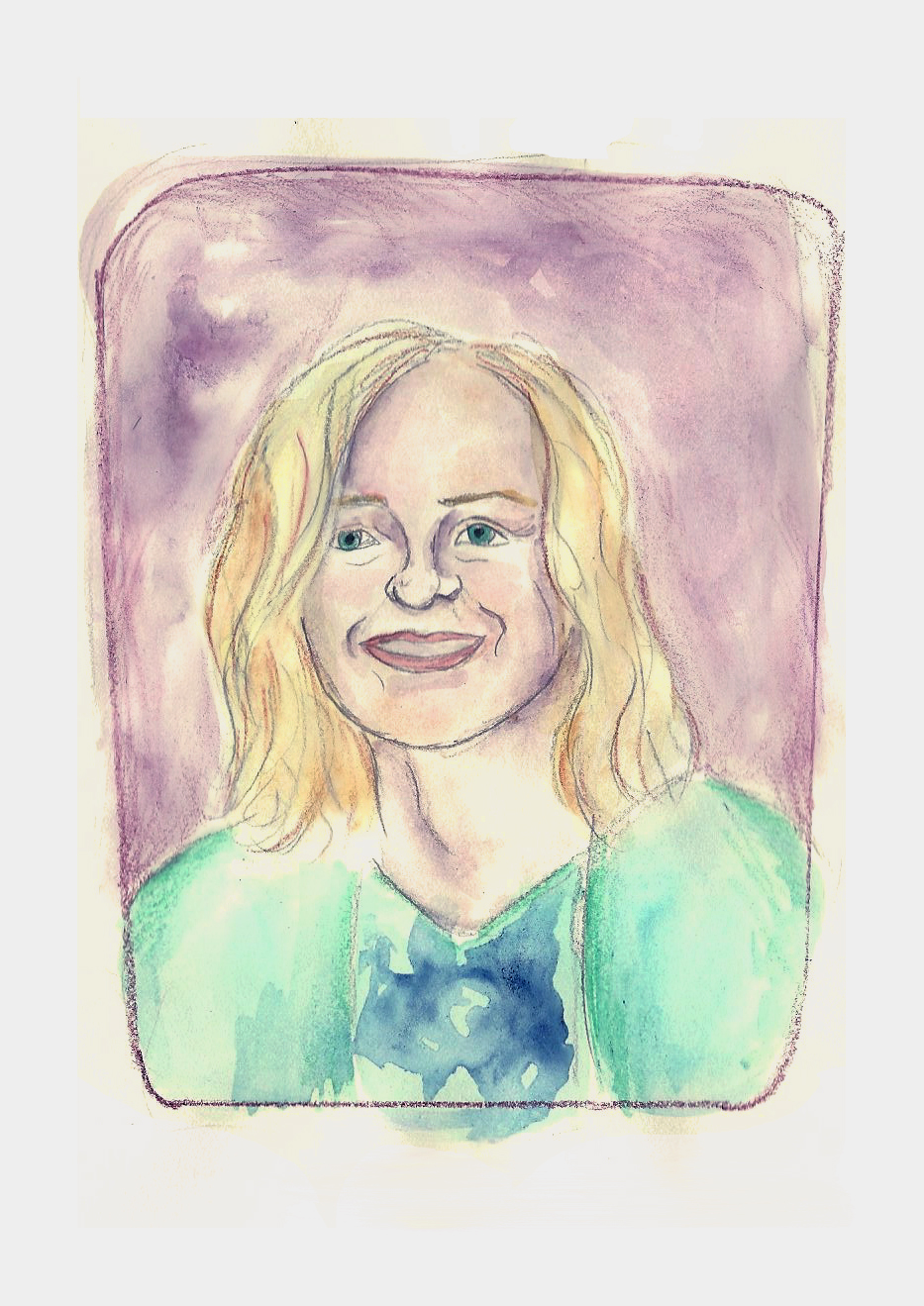
For Coppinger, the issue is an important one and one she has grown up alongside, “I was a school student when the 8th amendment camping happened. I was a young woman when the X Case unfolded, when a 14-year-old rape victim was imprisoned in the country. Now, a generation has gone by. Successive governments failed to legislate for abortion following that case. More women have suffered. Society has moved on in its attitudes, but the political establishment has not. Every poll in recent years has shown a big majority favor a liberalizing of abortion in a whole range of circumstances.”
While the issue has been a long running one in Irish society the pro-choice campaigner feels that it has yet to be adequately addressed “Because Fianna Fáil and Fine Gael are historically wedded to the Catholic Church and are fearful about taking on the church. Now it would seem the Labour Party is as well. Since independence, FF and FG alternated power between them and leaned on the Catholic Church for support, allowing it control over health, education and over women’s lives. That’s why we have seen a litany of scandals: the Magdalene laundries, mother and baby homes and the incredible barbarity of Symphysiotomy, where women had their pelvises broken in childbirth by ideological doctors.”
“Any challenge to an unjust law is an act of rebellion.”
So far, she is pleased with public response to the campaign, the issue generating interest amid many generations of Irish society “The ‘abortion pill train’ was extremely well received and brought the issue again to national media attention. It also highlighted the availability of safe abortion pills through the Women on Web organisation. Young people are particularly pro-choice and applauded our efforts. The anti-choice lobby are deliberately playing down our campaign as they want to minimise the publicity we get.”
Regarding whether or not she considers herself to be a rebel Coppinger says “Any challenge to an unjust law is an act of rebellion. Unjust laws must be broken. That’s how we got the right to vote and a raft of other civil and human rights. It shouldn’t be an act of rebellion to have autonomy over your own body and life, but it is. Separation of church and state should of course be the norm, but isn’t in Ireland.”
Regarding what it means to be a rebels she says “I think the same as it has always meant. Taking a stand and persuading others to join you in a struggle. New tools exist, of course, such as social and mass media which play a key role, but the fundamentals of protest and rebellion are the same as ever. Look at the anti water charges movement: 100,000 on one protest brought this issue centre stage.”
The campaign goal is that “Every woman should be able to make their own private decision about abortion and have free, safe, equal access to it. But I also favor women being in position to have children when they want to, which is not possible now with capitalist austerity. Ultimately we need a socialist society where the wealth is controlled by the majority, not the 1%, where housing, education and health are the preserve of all, not the few.”
Despite having received some negative feedback via email and social media Copping says, “Most people are supportive. A number of women have also contacted desperately looking for help.”
Finally does Copping think that there will always be a need for rebel’s n society? “Rebellion and revolution which have brought about all progressive changes in history: the French Revolution laid down a marker about democratic rights; workers striking together brought about the 8-hour day and vital workers’ rights. No concession was ever gifted by a privileged elite. It has always been wrested from them through mass struggle”.
Name: Eddie Hobbs
Cause: Economist and Own Our Oil campaigner
Eddie Hobbs is best known for his role as presenter of the hugely popular 2005 RTE program Rip Off Republic which saw Hobbs point out financial flaws in the Irish fiscal and governmental system while warning about the long term effects of such actions. The show sparked controversy especially amongst TDs and government parties. Hobbs became a household name and continues to write for a variety of publications and to give financial advice both publically and privately.
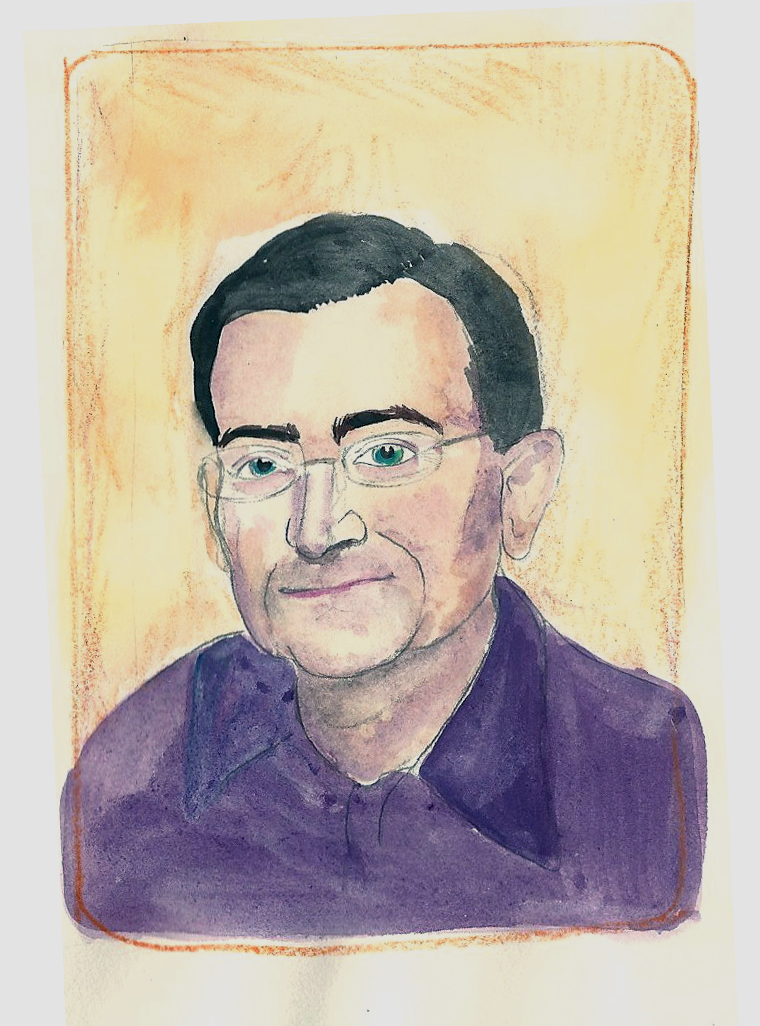
Today the economist is leading the Own Our Oil organisation in improving Irish citizen’s claim on Ireland’s natural resources. He says “Ownership and control of all natural resources, water, hydrocarbons, etc. ought to return to the Irish”.>Hobbs states “The Irish people had more power over natural resources under monarchy and the Magna Carta.”While Hobbs does not consider rebel to be the right word to describe him, he instead offers “dissenter” as a means of explaining his position.
I’d like to “get more people to grasp that the issue isn’t about the old left and right, its about insiders and outsiders and who really serves whom, to understand the difference between the Irish people and the State which, in some important instances, is a source of oppression and a failed advocate for the Irish in its representation in the EU.”
““Rebels are what cause society to take a hard look at itself and evolve.”
While he may consider himself to be more of a dissenter than a rebel Hobbs expresses the idea that rebels will continue to play an important role in future society saying “Rebels are what cause society to take a hard look at itself and evolve. Without rebels the status quo becomes embedded, ultimately becoming oppressive. I’ve always delved among the mavericks for the truth- anywhere else merely yields reflections, not revelations.”
Illustrations by Laura Finnegan







